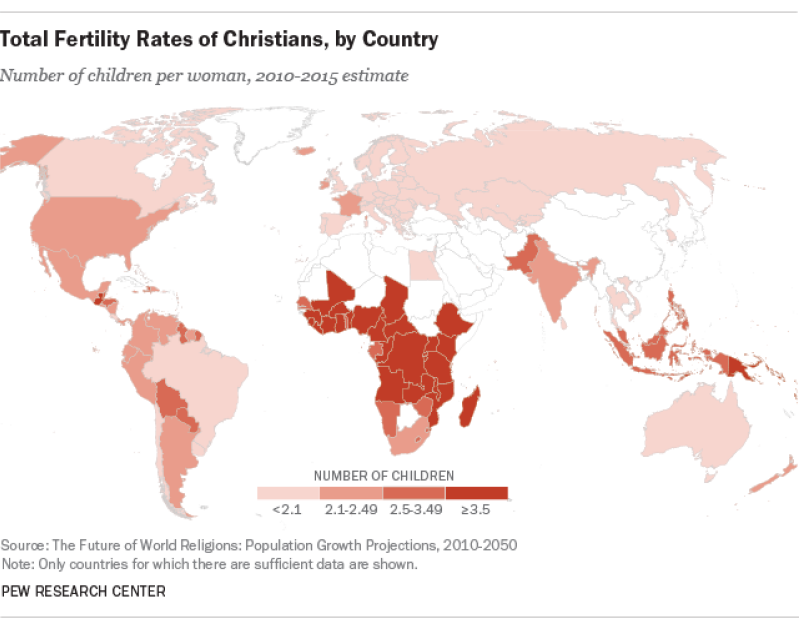
Are Christians the most persecuted group of people in the world where religion is concerned? It does seem to feel as though that is the general consensus, and where studies are made that measure the number of attacks on religion, many of them point to religious persecution. In a Pew Research Center article that was released earlier this month on June 9, which was based on a Pew study that was published a couple of months earlier in April took a very different route. Rather than focus on religious persecution, it offered data on religious groups that have been “harassed or intimidated”, leaving the reader to interpret the results on their own.
This particular Pew study does not actually address the level of severity or frequency of the harassment. Hence, there is a disclaimer involved that mentioned on how “the results should not be interpreted as gauging which religious group faces the most harassment or persecution around the world.” All studies should be objective in nature, and hence this is a particularly honest description on what the goal of the Pew study was all about.
However, it does not offer an accurate reflection on the situation by tiptoeing around the particular religious groups which are the most persecuted, while doing away with the party/ies that are involved in the persecution. This is a rather serious omission from any angle, and as a comparison, it would be akin to having a report on crime simply by focusing on misdemeanors, while forgetting about felonies in the process.
Apart from that, this particular Pew study also does not define with a level of precision on what it meant by the term “social hostilities”; rather, it cites them as a kind of harassment index. There is no doubt that the level of Christian persecution is thus minimized in this study, while there are other available studies that perform a better job when it comes to talk about religious victimization.
In the 2016 Annual Report that was issued by the U.S. Commission on International Religious Freedom, nine different nations had the infamy of being named as the most egregious violators when it comes to religious liberty worldwide. These nations “torture or use cruel, inhuman, or degrading treatment or punishment.”, and Christians happen to be persecuted across all categories and nations.
Out of the nine persecuting nations, five of them are Muslim majority: Iran, Saudi Arabia, Sudan, Turkmenistan, and Uzbekistan; with a couple of them having Communist dictatorships at the helm; China and North Korea; while Burma is the sole representative from the Buddhist world with Eritrea being the solitary secular tyrant.
From other studies concerning religious persecution, certain facts stand out concerning Christian-majority countries. None of these countries that have Christians at the helm persecute people of faith, but rather, they end up living in terror due to Islamist attacks and other forms of terrorism. The most persecuted religious group in the world are Christians, and Muslims form the main religious group of people that persecute people of other faiths compared to others.
A study that fails to underline these important facts do Christian persecution injustice, while minimizing the role that the victimizers play, which are mostly comprised of Muslims and Communists. Apart from that, the Pew article also had a rather wayward headline which read, “Christians Faced Widespread Harassment in 2015, but Mostly in Christian-Majority Countries.”
To hear of Christians persecuting Christians is downright misleading, and the two sample nations used in the Pew study are Nicaragua and Eritrea, which are not exactly the best examples to follow. Nicaragua has atheist left-wing dictators as its leaders, while Christians do not rule Eritrea. It is hoped that there will be more balanced reports in the future concerning studies of religious persecution to shed fair light on the situation.





![[Exclusive Interview] A revelation within the brink of life and death — Meg Leung’s mission in Christian art](https://www.gospelherald.com/media/cache/thumbnail/7/21/72163sp_273w_150h_1x_1y.jpg)

